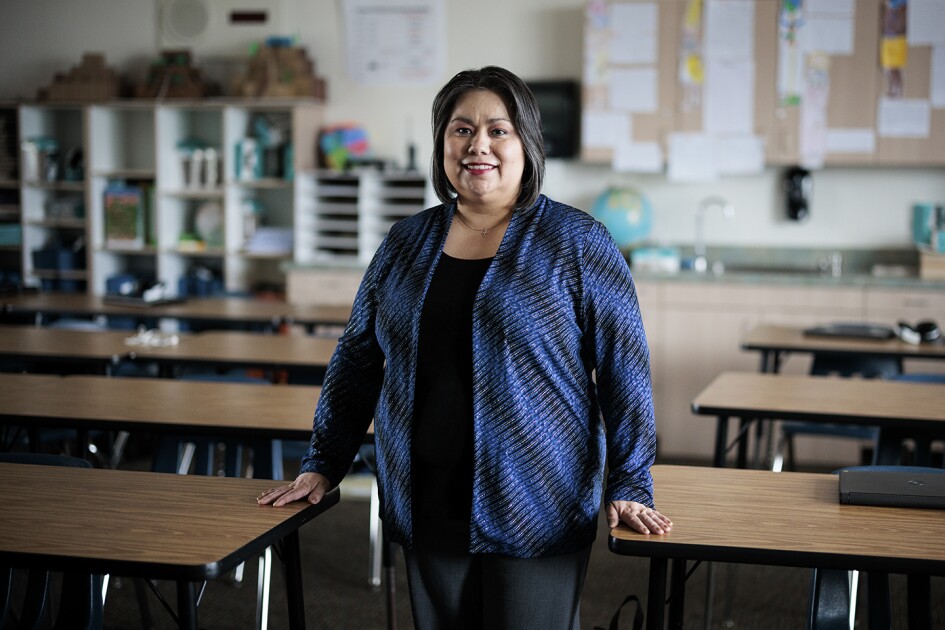The U.S. Supreme Court has agreed to take up a major case about the constitutionality of the funding mechanism for the Universal Service Fund, which distributes some $4 billion annually under the E-rate program for connecting schools and libraries to the internet.
The justices on Nov. 22 granted appeals by the Federal Communications Commission and the Schools, Health, and Libraries Broadband Coalition of a federal appeals court ruling that struck down the funding mechanism as a “misbegotten” and unconstitutional tax on consumers.
Under the Telecommunications Act of 1996, telephone and cable companies make required contributions to the Universal Service Fund, which through a private entity distributes money to schools and other recipients. The companies pass along such costs to their customers.
“American telecommunications consumers are subject to a multibillion-dollar tax nobody voted for,” said the July 24 ruling by the full U.S. Court of Appeals for the 5th Circuit, in New Orleans, “The size of that tax is de facto determined by a trade group staffed by industry insiders with no semblance of accountability to the public.”
The practical effect of the 5th Circuit ruling has been limited thus far. While the decision on the constitutionality of the funding mechanism was sweeping, the appeals court delayed the effect of its decision, and the E-rate program has continued to operate normally.
In August, FCC Chairwoman Jessica Rosenworcel called the 5th Circuit decision “misguided.” And a coalition of more than a dozen education organizations, including the Consortium for School Networking and AASA, the School Superintendents Association, called the ruling “absurd.”
The FCC and the broadband coalition each asked the Supreme Court to take up the case.
The 5th Circuit decision “threatens to nullify the universal service programs—to the detriment of the millions of Americans whom those programs serve,” U.S. Solicitor General Elizabeth B. Prelogar told the justices in a September filing.
The broadband coalition said in its appeal that the 5th Circuit’s decision casts “doubt on billions of dollars in telecommunications subsidies that strengthen the networks that serve as critical lifelines” to schools and libraries and other Universal Service Fund recipients.
Challengers agree to have justices take up their issue
The funding mechanism was challenged by the Vienna, Va.-based watchdog group Consumers’ Research, which contends that the USF funding mechanism is an unprecedented and illegal delegation of federal taxing power to an “unelected agency bureaucracy.”
The group filed several challenges around the country, and two other federal appeals courts had upheld the funding mechanism, and the Supreme Court declined to review those decisions earlier this year.
But with the 5th Circuit’s decision creating a clear circuit split, Consumers’ Research essentially agreed that the Supreme Court should take up the issue.
“The challengers agree the constitutionality of the USF funding mechanism warrants this court’s review,” Consumers’ Research said in a brief.
There is one wrinkle that came with the Supreme Court’s order granting review. The justices asked the parties to also address the question of whether the case is moot because the challengers’ failed to seek certain forms of preliminary relief before the 5th Circuit.
It isn’t entirely clear what the court means by that, because the parties didn’t address that question in their preliminary briefing. But it could give the court an off-ramp for disposing of the case without any major disruption to the USF and the E-rate program.
The case will likely be argued next March or April and decided by the end of the current term next June. The petitions are Federal Communications Commission v. Consumers’ Research and Schools, Health, and Libraries Broadband Coalition v. Consumers’ Research.









